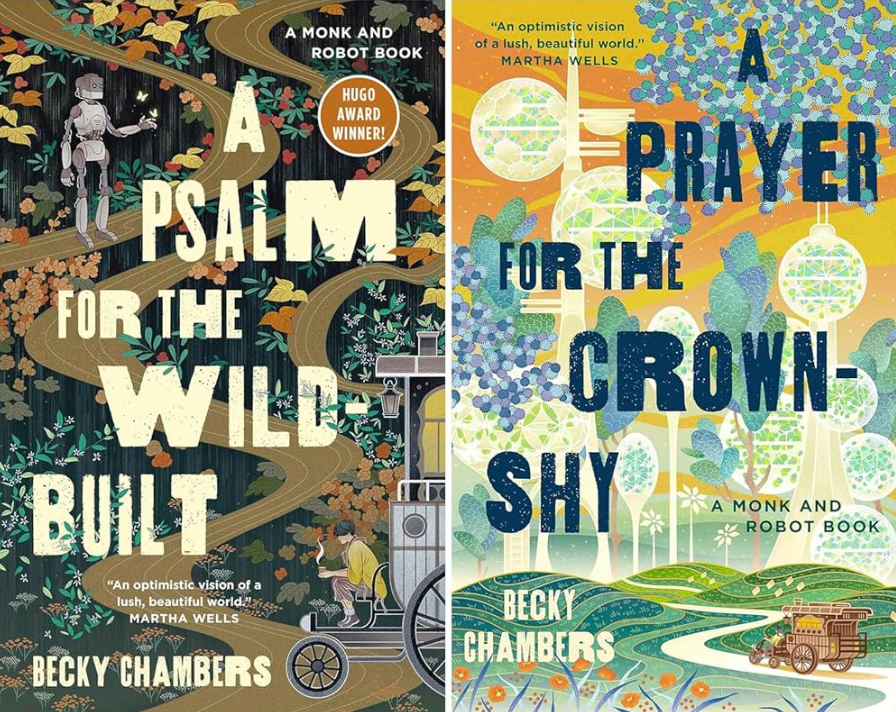This Week in Literary History: October 22nd - 28th
- Danika B
- Oct 22, 2023
- 3 min read
With a world full of such rich literary history, it is easy to forget some of the notable moments from the past. So, in honour of where we come from and the works that paved the way for modern writing, I thought I would highlight some of the most memorable moments from this week in literary history.
To move chronologically, October 22nd of 1870 marks the birth of Lord Alfred Douglas. While this name may not be familiar, the name of Oscar Wilde should be. Douglas is largely considered to be Wilde’s infamous lover, and the subject of many of his works, including Wilde’s De Profundis, a love letter—albeit, a very angry one—addressing the happenings of their relationship. The 22nd of 1964 is also the day Jean-Paul Sartre, French philosopher and playwright, was offered the Nobel Prize in Literature, which he declined; he was known to refuse awards, as he believed the writer should not allow themselves to become an institution. This also means he declined the $53 000 that accompanied the prize, and I don’t know about you, but I may consider bending my morals for that kind of payout.
Jumping ahead to the 25th of 1962, John Steinbeck was also awarded the Nobel Prize in Literature, which he, unlike Sartre, accepted. Steinbeck is known for several works, including Of Mice and Men and The Grapes of Wrath, the latter for which he was awarded a Pulitzer Prize for fiction. Then, on the 26th of 1951, Winston Churchill became Britain’s prime minister for the second time. His writing ranged from fiction to professional addresses, and he wrote every speech he gave as prime minister himself.
The 27th marks two significant events, the first being the birth of poet and novelist Sylvia Plath in 1932. She is commonly credited with the advancement of the genre of confessional poetry and is the author of the novel The Bell Jar, which was the only novel she wrote in her too-short lifetime. The second event that occurred on the 27th was another birthday, being Dylan Thomas’s in 1914. “Do not go gentle into that good night” is a poem of his that may sound familiar; it has been endlessly studied and praised (and may or may not make you cry).
On the 28th of October, 1726, notable novel Gulliver’s Travels by Jonathan Swift was published, the first impression of which sold out in a week. It has also been adapted into several films, the most recent of which was in 2010.

It would feel wrong to make a post about the history of the final days of October without including Halloween, which marks the birth of poet John Keats in 1795. He is considered a Romantic poet, and it is said that he wrote all his greatest poetry in a single year, being 1819. He died in 1821 at the age of 25. To celebrate the season and the man himself, I will leave you with his poem “To Autumn,” which joins themes of human mortality with seasonal imagery, and reminds us of the precious brevity of life.
Season of mists and mellow fruitfulness,
Close bosom-friend of the maturing sun;
Conspiring with him how to load and bless
With fruit the vines that round the thatch-eves run;
To bend with apples the moss'd cottage-trees,
And fill all fruit with ripeness to the core;
To swell the gourd, and plump the hazel shells
With a sweet kernel; to set budding more,
And still more, later flowers for the bees,
Until they think warm days will never cease,
For summer has o'er-brimm'd their clammy cells.
Who hath not seen thee oft amid thy store?
Sometimes whoever seeks abroad may find
Thee sitting careless on a granary floor,
Thy hair soft-lifted by the winnowing wind;
Or on a half-reap'd furrow sound asleep,
Drows'd with the fume of poppies, while thy hook
Spares the next swath and all its twined flowers:
And sometimes like a gleaner thou dost keep
Steady thy laden head across a brook;
Or by a cyder-press, with patient look,
Thou watchest the last oozings hours by hours.
Where are the songs of spring? Ay, Where are they?
Think not of them, thou hast thy music too,—
While barred clouds bloom the soft-dying day,
And touch the stubble-plains with rosy hue;
Then in a wailful choir the small gnats mourn
Among the river sallows, borne aloft
Or sinking as the light wind lives or dies;
And full-grown lambs loud bleat from hilly bourn;
Hedge-crickets sing; and now with treble soft
The red-breast whistles from a garden-croft;
And gathering swallows twitter in the skies.




Comments